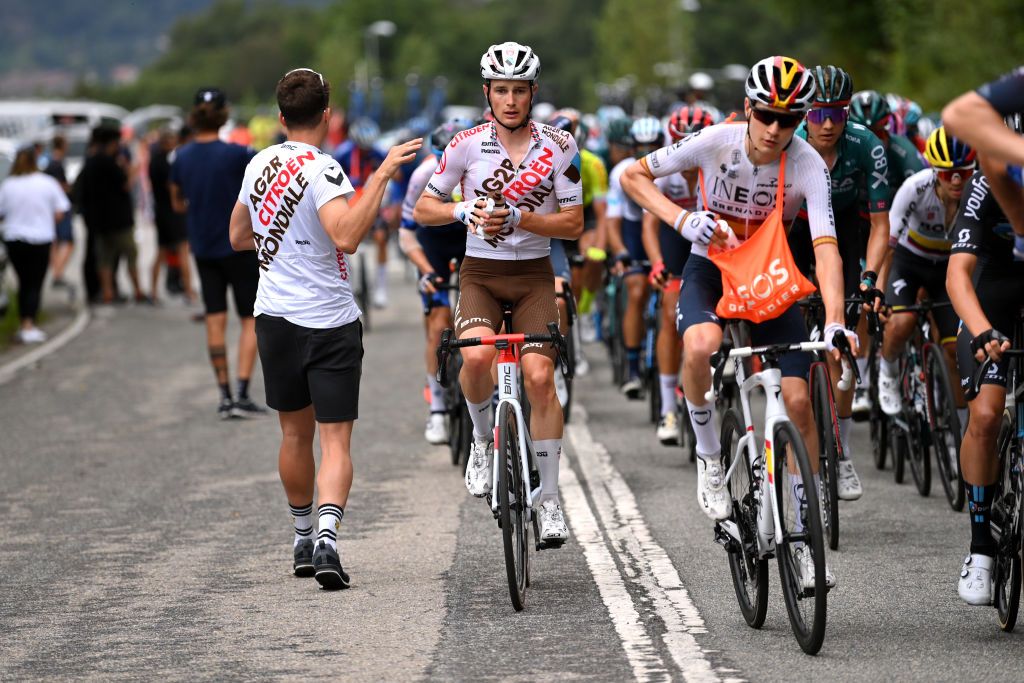Nutrition? This whole concept was almost an affront to the French-speaking peloton of the 1980s. The established idea of pre-race food for everyone was steak and rice, finished barely three hours before the start.
If that wasn’t conducive enough to a gentle few opening kilometres then the packing of jersey pockets with mini sandwiches, creamy rice cake and slices of apple tart certainly held you back. I never heard the word nutrition uttered in relation to any kind of performance and calories were only ever mentioned if someone turned up looking a bit porky.
Without question, the hotel food was always of worse quality than I ate at home, but there was usually lots of it and that seemed to make it OK somehow. If you didn’t work out for yourself how much protein, carbohydrate and fats you were consuming then nobody else was, because all that mattered was how you performed.
Thinking back, it probably took another decade before having cereals in the morning and protein drinks after finishes became acceptable.
In-race fuelling remained largely a hit-and miss-affair, though, as nobody seemed to have calculated precisely enough what was happening as the hours went past – so you ate your little sandwiches in the beginning, the rice cakes in the middle and sugary bars as you raced into the final.
In stage races, the notion was that you would be eating not only for that day but also for the ones coming up, but nothing was measured. Things did get slightly better when energy drinks and gels made their appearance in the 1990s.
However, there were a few who would try going without solid food altogether. You might get away with that for a day, but it disrupted the bowels if you persisted with the idea beyond a short period.
By then, some teams were experimenting with a chef who prepared the food instead of relying on hotel fare. However, that was only for the Grand Tours or maybe the spring Classics – it certainly wasn’t the case all season long.
I spent quite a lot of time learning what I needed for my diet, but it wasn’t something I shared with many others because that knowledge was as guarded as any training schedule. It took many months to figure out how to adjust my nutritional requirements to suit the workload I was recovering from or planning for the next days and weeks.
I regarded it as necessary to my performance,…
Click Here to Read the Full Original Article at CyclingNews RSS Feed…

